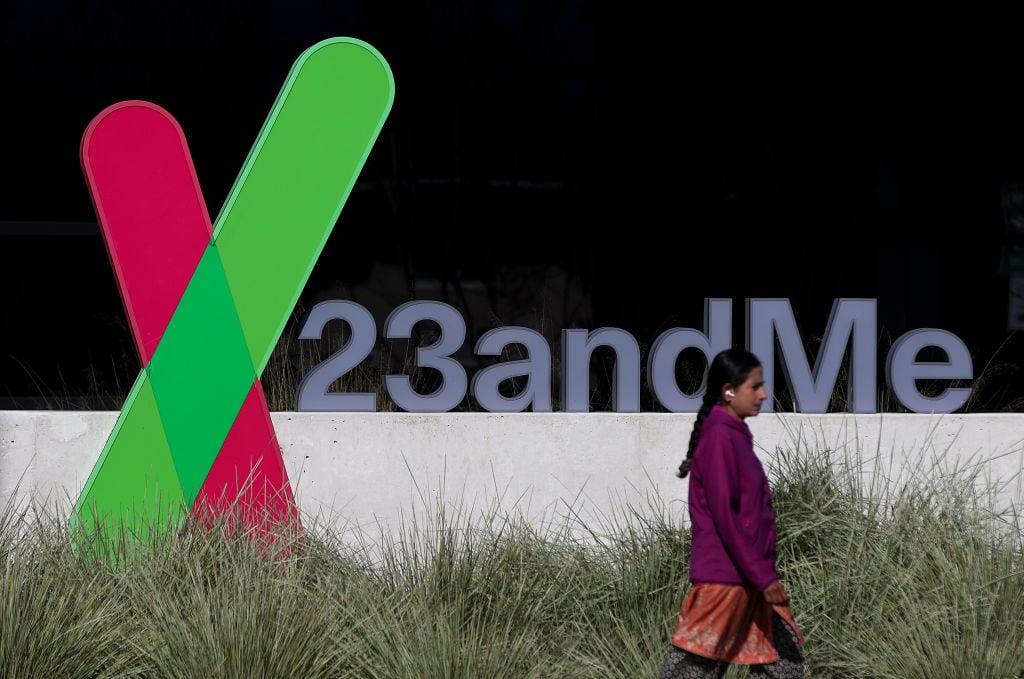Uber is shutting down alcohol delivery app Drizly, the company confirmed, three years after acquiring the platform for $1.1 billion.
Drizly will officially shut down at the end of March, Uber told The Associated Press. That means orders are open until then, Drizly said in details posted on X, the platform formerly known as Twitter.
"We'll be sure to let you know when it's last call," Drizly wrote in a post Monday. In a prepared statement, Uber's senior vice president of delivery Pierre Dimitri Gore-Coty said that the company decided to close Drizly's business and "focus on our core Uber Eats strategy of helping consumers get almost anything — from food to groceries to alcohol — all on a single app."
Uber purchased Drizly in a cash-and-stock deal back in 2021. The Boston-based subsidiary continued to operate as a standalone app, with its marketplace also integrated into the Uber Eats platform.
Drizly currently delivers beer, wine and spirits in states where it's legal, and partners with retailers across North America.
Regulators accused the alcohol delivery app of security failures several years ago that exposed personal information of some 2.5 million customers. To resolve these allegations, Drizly later agreed to tighten security and limit data collection.
Axios first reported on Uber's decision to shutter Drizly Monday.
In a Tuesday email to The AP, Uber said it plans to learn from Drizly's time in the industry as the company continues to grow its own "BevAlc" offerings, which are currently available in 35 U.S. states and 25 countries worldwide. The San Francisco company added that the majority of current Drizly customers also have Uber accounts.













